Mirza Musharraf
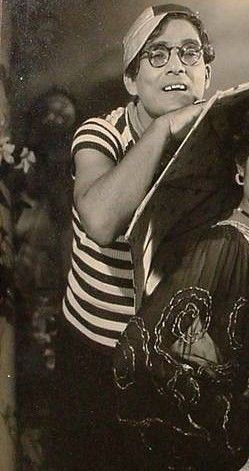
Subscribe to read full article
This section is for paid subscribers only. Our subscription is only $37/- for one full year.
You get unlimited access to all paid section and features on the website with this subscription.
Not ready for a full subscription?
You can access this article for $2 , and have it saved to your account for one year.
- Real Name: Mirza Musharraf Hussain
- Born: 12 June 1912 (Sujahanabad, Punjab)
- Died: 10 January 1991
- Primary Cinema: Hindi
- Parents: Mirza Anwar Hussain
Actor and comedian, Mirza Musharraf was born on 12th June, 1912 in Sujahanabad, Punjab. Hailing from a family of royals, his father Mirza Anwar Hussain worked with the department of police and was posted at various places within the state of Punjab. He completed his matriculation from Deen Dayal High School in Lahore. Fond of writing and debating, in 1930 he was writing for Dainik Zamindar, Tariyar, Shariq and Muslim Nationalist Party of Punjab. He soon became Secretary of the Lahore Congress Committee and worked there from 1932 to 1934. He was also a member of the Punjab Congress Working Committee and the Organizing Secretary of the All India Mughal Federation.
His affiliation with politics and journalism fetched him tickets from Majestic Cinema at discounted rates. One day the manager of the cinema hall misbehaved with Mirza and his friends and refused to offer them any discount. The situation worsened when Mirza decided to protest against a film, Adl-e-Jehangir (1934), which was set to release in that theatre. Mirza drafted a poster for a public meeting, declaring that the film showed Mughals in a wrong light and that it should be banned from release.
Mirza was summoned by the city magistrate, where he was asked to postpone the meeting and was assured that the film would be released only after Mirza watched it and approved it. Unable to find anything objectionable, Mirza and his friends approved the film and it was finally released. In this way, Mirza became acquainted with the film world.
Mirza got his first break with the film Qazzak Ki Ladki (1937), directed by Sardar Khalil (Sardar Khalilullah Khan), also starring the famous actress of that time, Miss Bibbo. Sardar Khalil, who was also serving as the Minister of Education in Patiala, asked Mirza to do a small scene in the film where his character would tumble down a staircase. What followed, was a series of takes where Mirza ended up hurting his knees, but ultimately led to a longer role in the film. Apparently, the entire film unit had pulled a prank on him when he enacted the scene - the camera had no reel. However, his performance came out so naturally that they had to increase his role.
His second film was Prem Yatra (1937) where he got a small role along with Wasti, who was playing the lead role for the very first time in this film. After doing small roles in a few films in Lahore, he went to Calcutta to work in A R Kardar’s Milap (1937) where Gul Hameed and Bimla Kumari were in the lead roles.
After working in Mandir (1937), he moved to Bombay to play the role of a convict in A R Kardar’s Baghban (1938) which also happened to be K N Singh’s first film as a villain. With his first film in Bombay, Mirza took advantage of this opportunity when he not only acted but also wrote and composed songs for the film. Out of the ten songs, 9 were written by Mirza, while the remaining one was written by Hafeez Jalandhari. All the songs became a huge hit which led to HMV announcing the commercial success of the film album.
Mirza married soon after the success of Baghban. Whenever Kardar required an artist, Mirza filled up the slot. Even when not having dialogues, he exhibited great use of facial expressions and comic timing. This got him more work on-screen than off-screen and relegated his dream of becoming a lyricist to the back burner. He was, then, increasingly cast in comedy roles where his goofy dialogues, often involving English phrases, made the audience laugh.
As a comedian, Mirza worked from 1938 to 1972 in over 400 films like Ghar Sansar (1942), Naukar (1943), Suno Sunata Hun (1944), Piya Milan (1945), Grihasti (1948), Dolti Naiya (1950), Hanste Ansoo (1950), Sartaj (1950), Usha Kiran (1952), Magroor (1950), Gumasta (1951), Shole (1953), New Delhi (1956), Agra Road (1957), Doctor Z (1959), Barsaat Ki Raat (1960), Half Ticket (1962), Naqli Nawab (1962), Ek Raaz (1963), Yeh Dil Kisko Doon (1963), Leader (1964), Main Wohi Hoon (1966), Beti (1969), Bombay Talkie (1970), Albela (1971) and Anokha (1975).
He played the role of a compounder in the film Dost (1944), produced by P B Zaveri and also starring Motilal in the leading role. For this role, Mirza, on the insistence of his friend Shaukat Rizvi who was also directing the film, not only shaved his head but also his eyebrows. With dozens of films on hand at that time, Mirza still had to take this decision to achieve the desired look for this film. He played every character with perfection, whether it was the role of an enthusiastic lawyer in Agra Road (1957), an accountant in Naqli Nawab (1962), or a crazy doctor in Half Ticket (1962). Mirza also maintained a close friendship with renowned actor and producer, Nazir, with whom he worked on various projects.
Apart from writing lyrics, Mirza also sang songs in a few films like Piya Milan (1945), Captain Kishore (1957), and Gharib Ka Laal (1939). From the latter, the song Tujhe Bibbo kahu ya Sulochana became popular among listeners.
While it is known that he is credited with performing in the song Hum toh tere dil ke bangle mein aana mangta with Meena Kumari in her first social film Magroor (1950); Mirza also claims that he gave Meena Kumari’s father Master Ali Baksh a break as a music director in his film, Vaada, though the latter had already composed a few songs in the film Dost. However, the music of the film Vaada didn’t do well and Master Ali Baksh turned to spirituality.
Mirza also brought the famous actress, Miss Jahanara Kajjan from Calcutta to Bombay, in the year 1942, when V M Vyas was making Ghar Sansar. He also knew Mohd. Rafi from his early days in Lahore. It was he who introduced Rafi to various people in the industry.
Mirza also tried his hand at producing and directing films. One such was Coolie which was left incomplete when its negatives got destroyed in a fire at Parekh laboratory. The film starred Suresh, Poornima, Pran, Shammi, and Murad in the main roles. Mirza had to incur a huge financial loss because of the accident. Has also produced and directed, Dolti Naiya (1950), under the banner of Shan-e-Hind Pictures. His last film, before he retired from the industry, was Roop Tera Mastana (1972), though he later made appearances in the films Patthar Se Takkar (1980) and Anjaam Khuda Jaane (1989).
Comedian, writer, director and journalist, Mirza Musharraf played many roles in his entire career and left a legacy of quality performances before he passed away in 1991.
References
- https://atulsongaday.me/2020/05/11/meri-zindagi-bhi-koi-zindagi-hai/
- Interview with Mirza Musharraf, Actor, and Comedian. Prasar Bharati Archives: https://youtu.be/dst2XtUkJS4
- Yeh Un Dinon Ki Baat Hai: Urdu Memoirs of Cinema Legends by Yasir Abbasi. Bloomsbury. 2018
-
Filmography (62)
SortRole
-
Anjaam Khuda Jane 1989
-
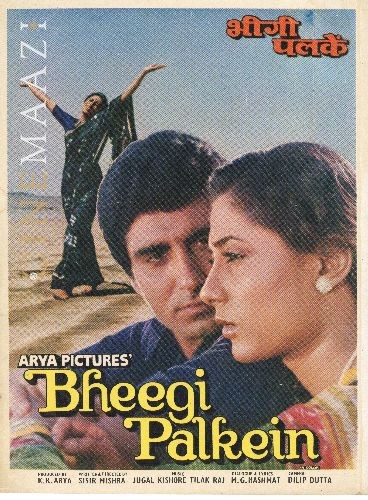
Bheegi Palkein 1982
-
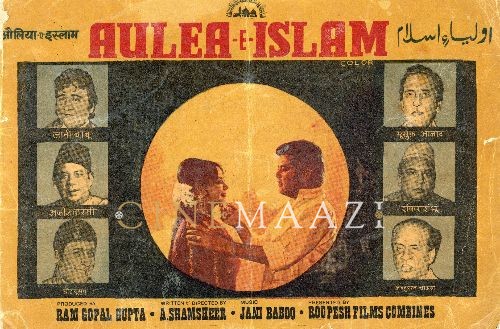
Aulea-E-Islam 1979
-
Jai Mata Dee 1977
-
Daaj 1976
-
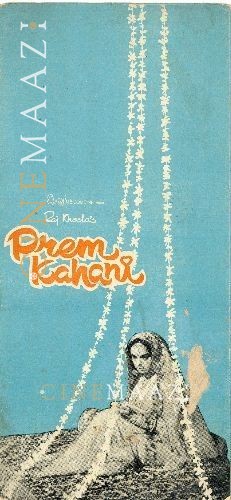
Prem Kahani 1975
-
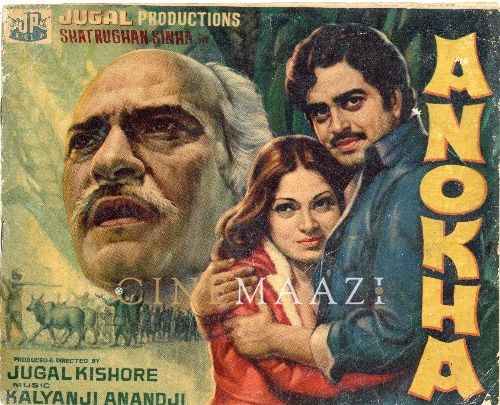
Anokha 1975
-
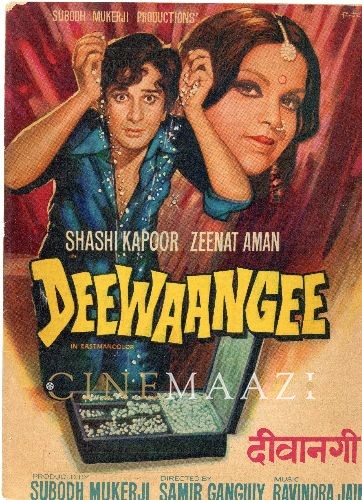
Deewaangee 1975
-
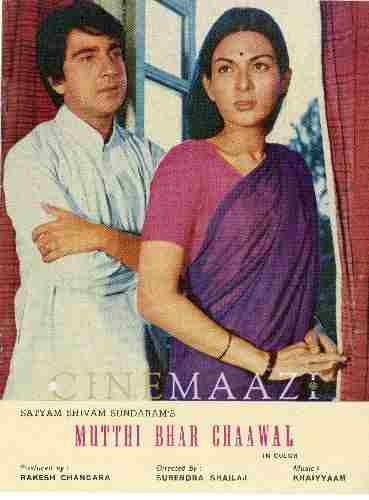
Mutthi Bhar Chaawal 1975
-
Mere Gharib Nawaaz 1973
-
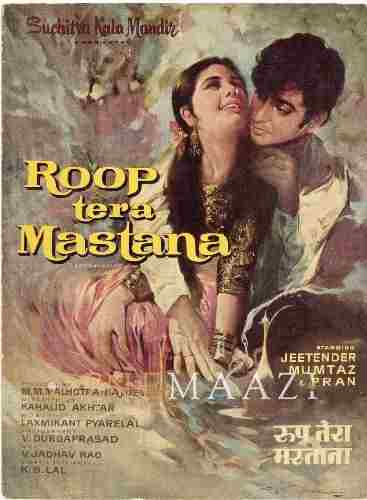
Roop Tera Mastana 1972
-




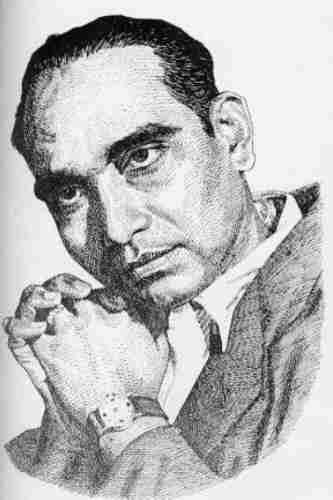
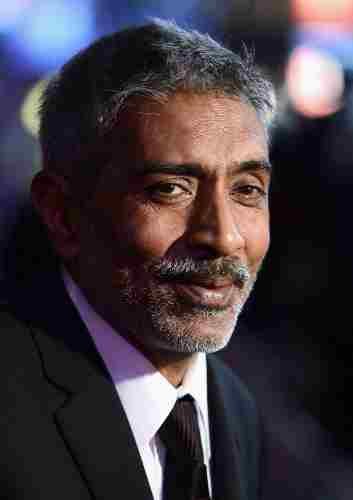
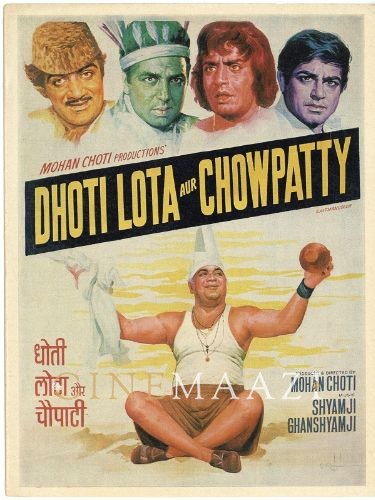
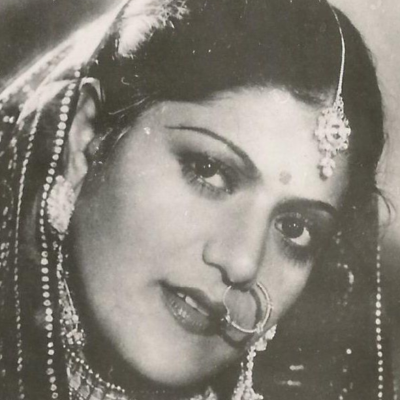



.jpg)



